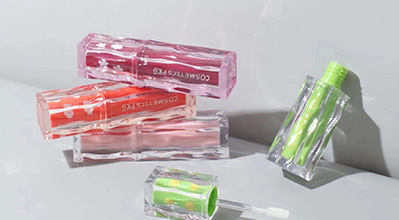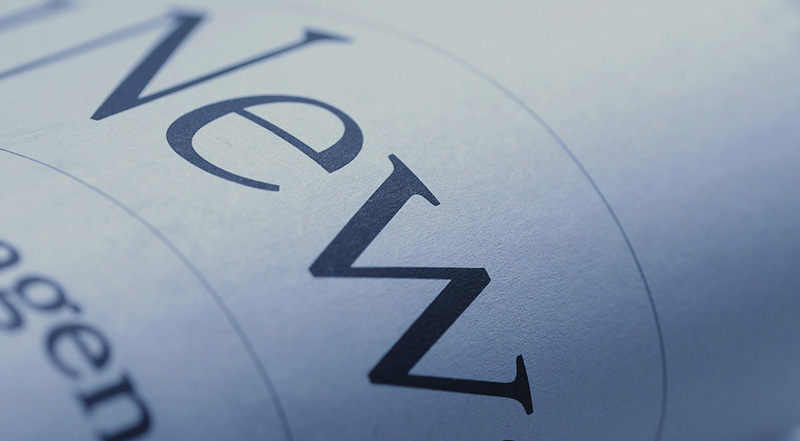The Plastic Paradox: Unpacking the Truth Behind Our Daily Companion
Release time:
2025-08-16
Dive into the fascinating world of Plastic, exploring its uses, impact, and future in our lives.
The Plastic Paradox: Unpacking the Truth Behind Our Daily Companion
A Material of Many Faces
Ah, Plastic! That ubiquitous material we love to hate and hate to love. From the packaging that protects our food to the toys that light up our kids' eyes, Plastic is everywhere. But what's the real deal? Let's take a journey through the colorful (and sometimes murky) world of Plastic.A Brief History Lesson
Believe it or not, Plastic has been around for over a century! It all kicked off in 1907 when Leo Baekeland invented Bakelite, the first synthetic Plastic. Fast forward to today, and we've got a whopping 300 million tons of Plastic produced each year. That's enough to wrap around the Earth over 500 times! Talk about a wrap party!The Good, the Bad, and the Ugly
When it comes to Plastic, it's a mixed bag. On one hand, it's lightweight, durable, and can be molded into almost any shape. Need a water bottle? Check! Want a lightweight chair? You got it! But on the flip side, Plastic pollution is a huge concern. It's estimated that by 2050, there could be more Plastic in the ocean than fish. Yikes! That's a real wake-up call.The Environmental Impact
Let's face it: our love affair with Plastic has consequences. Every year, millions of tons of Plastic end up in our oceans, harming marine life and ecosystems. Sea turtles mistake Plastic bags for jellyfish, and birds are swallowing bottle caps instead of food. It's heartbreaking, really. But it's not all doom and gloom—there's a silver lining!Innovations in Sustainability
The good news? Scientists and innovators are stepping up to tackle the Plastic problem. Biodegradable Plastics made from natural materials, like cornstarch, are becoming more popular. And let's not forget about recycling! With more people getting into the recycling game, we can reduce Plastic waste significantly. In fact, recycling just one ton of Plastic can save the equivalent of 1,000-2,000 gallons of gasoline! Pretty cool, right?What Can We Do?
So, what's a concerned citizen to do? Here are a few simple ways to reduce your Plastic footprint:- Use reusable bags, bottles, and containers.
- Say no to single-use Plastics—like straws and cutlery.
- Support brands that prioritize sustainability.
- Educate others about the importance of reducing Plastic use.





